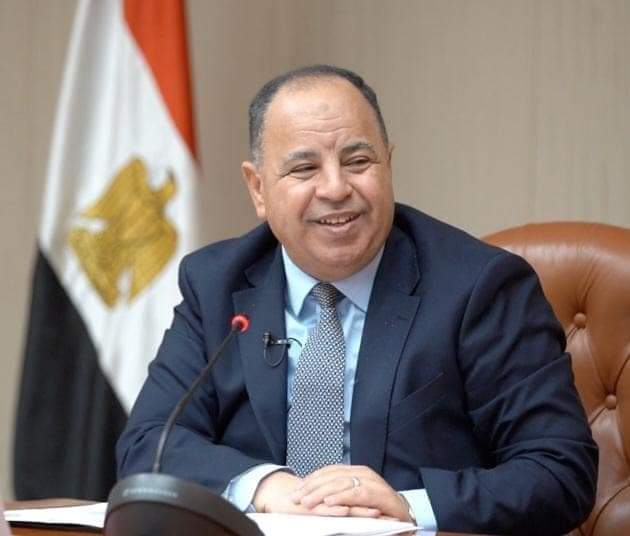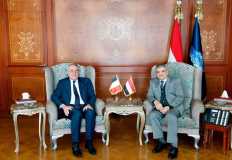
Minister of Finance Dr. Mohamed Maait affirmed that we are working on adopting and implementing financial policies that drive the private sector to lead development and economic growth. These policies aim to improve the investment climate with competitive advantages and preferential benefits, capitalizing on Egypt's promising economic opportunities. Particularly focused on attracting local and foreign investments, a maximum limit of one trillion pounds has been set for public investments by all state agencies and institutions during the next fiscal year, opening up wide horizons in priority strategic sectors like industry, agriculture, communications, and information technology.
To share the burden of global and
local inflation, the government is working with investors to reduce production
costs and boost exports. This includes various tax, customs, and investment
incentives. The next fiscal year's budget allocates 40.5 billion pounds to
stimulate economic activity, particularly in industry and exports. Initiatives
include: 23 billion pounds to expedite
export tax refunds, continued subsidies to reduce electricity prices for
industry (cost: 6 billion pounds annually), 1.5 billion pounds in
cash incentives for small and medium-sized enterprises (SMEs), 500 million
pounds to support the car manufacturing strategy, real estate tax breaks (1.5
billion pounds annually) for specific industrial and production properties
until 2026, 120 billion pounds in financing facilities for
agriculture, industry, and tourism, with the government covering
the interest rate difference.
These measures aim to strengthen
the Egyptian economy, making it more resilient to internal and external shocks.
Ultimately, the goal is to achieve stability, cooperation, and sustainable
growth.
The minister highlighted
additional incentives such as: tax exemptions for strategic industrial
projects for five years, and land and investment cost recovery of up to
50% if the project is completed in half the designated timeframe.
The Ministry of Finance has begun
to create a new "clearing system" to expedite tax
refunds. This system settles outstanding investor dues with the government
within 45 days, ensuring faster refunding value added tax (VAT) refunds.
The minister outlined further
investment incentives: an "investment incentive" offering
tax breaks of 33% to 55% on profits earned by green hydrogen projects and
strategic industries, in addition to customs exemptions for most parts and
components used in mobile phone manufacturing, and a reduced customs tax on
remaining mobile phone parts and components, down to a maximum of 2%
(previously 20-30%), as well as the cancellation of the development fee on
all parts, components, and final products of Egyptian-made mobile
phones.
The minister added that the
government is bolstering the national industry through several incentives: immediate
VAT write-off: Unpaid VAT on imported machinery and equipment used for
industrial production will be waived upon commencing production, zero-rated tax
for special economic zones: Goods and services exported or imported by
special economic zone projects will be exempt from taxes, investment Law No. 72
of 2017 renewed: This law offers tax breaks for projects in designated
areas ("A" and "B") - deductions can reach 50% of the
taxable base. It also includes special incentives for information technology
and communication activities, and simplified tax systems for SMEs: The Law
for the Development of Medium, Small and Micro Enterprises provides
simplified tax systems for these businesses. This can involve a fixed tax
amount or a small percentage of revenue, eliminating the need for
extensive bookkeeping and reducing the risk of inspections for at least 5
years.





